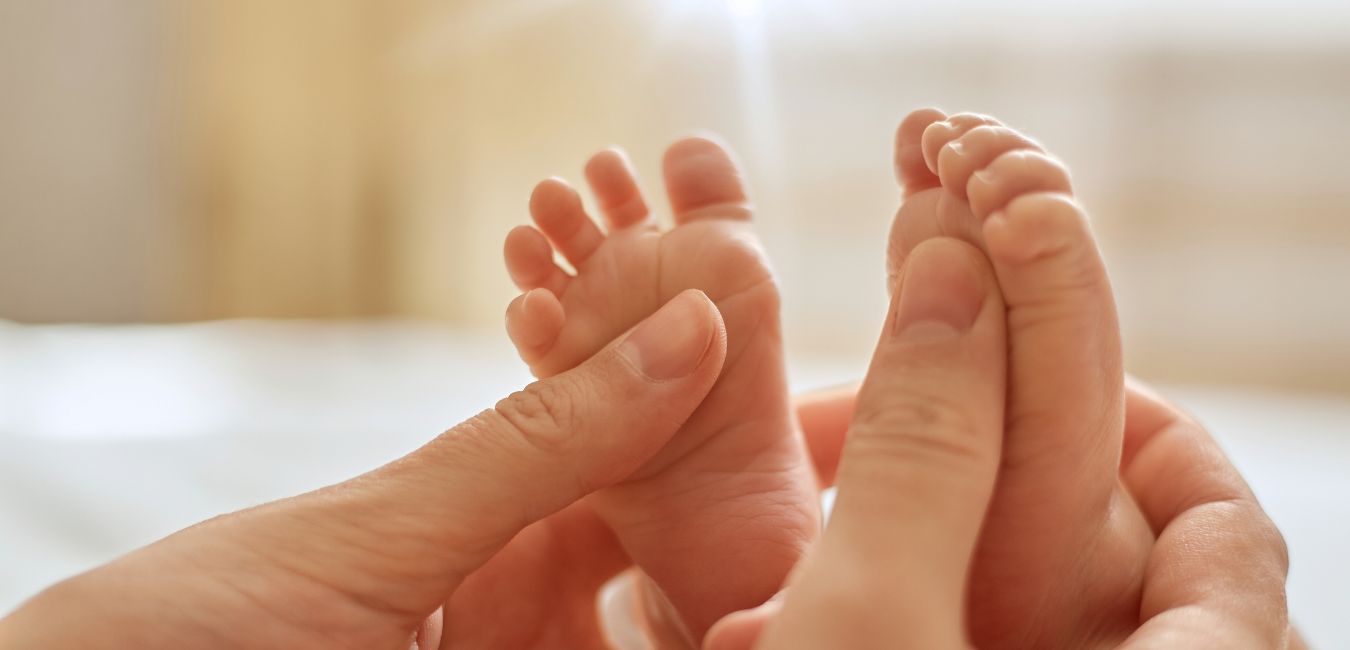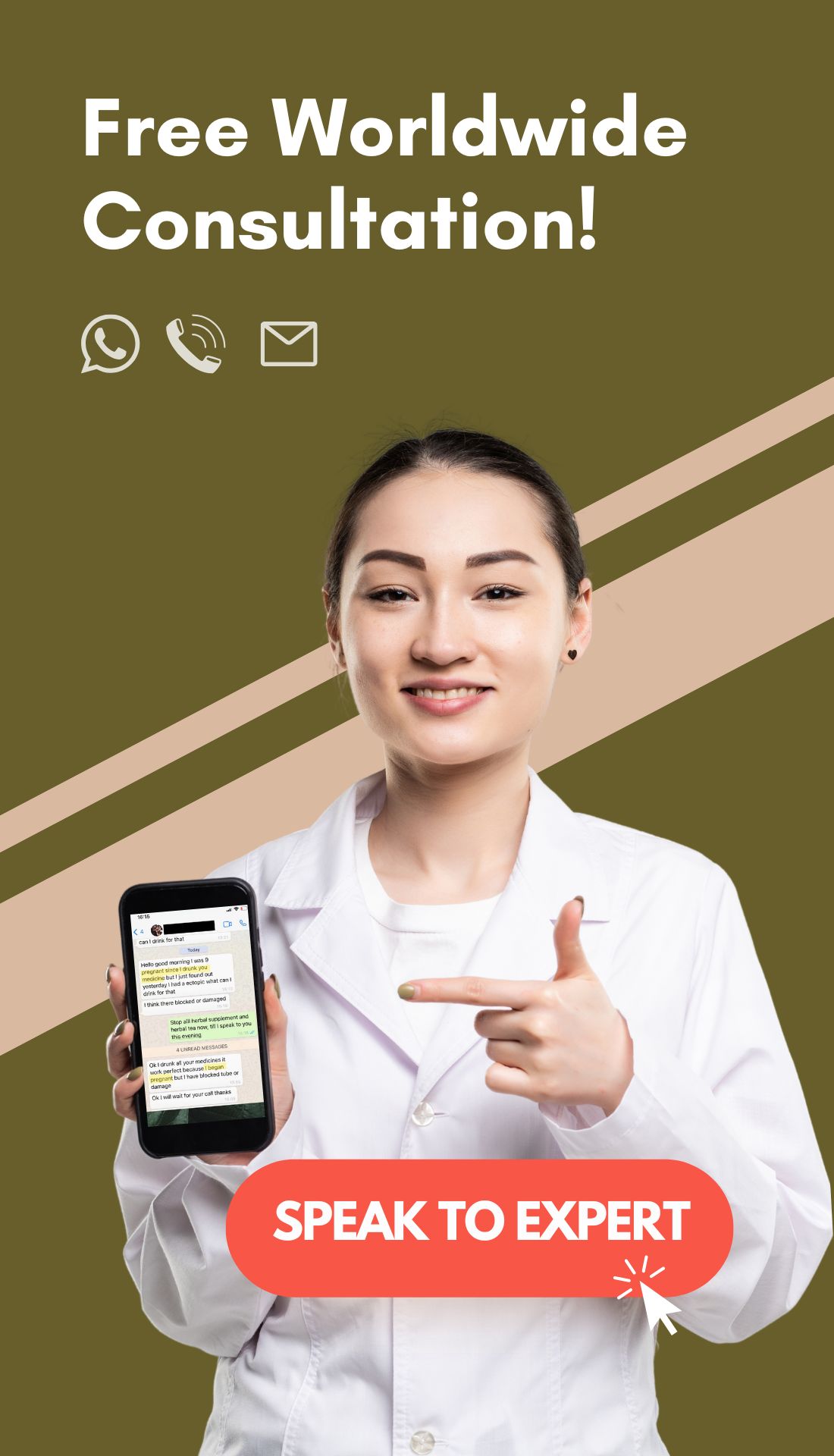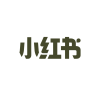
When to Have Acupuncture in Your IVF Cycle?
Struggling to conceive affects many couples across the UK. It’s a stressful time period. Whether it’s due to low sperm levels or problems with ovulation, egg quality or even unexplained, many couples turn to in vitro fertilisation (IVF).
However, despite this medical miracle, it’s not foolproof. The success rate of IVF procedures is only around 27%. Such low success rates lead couples to investigate adjuvant therapies such to boost their chances.
27
One potential solution is acupuncture and IVF. Several studies have noted that acupuncture can overcome many of the problems in women undergoing IVF, enabling the highest success rate. But timing is crucial. Knowing when to integrate acupuncture into your IVF cycle can make all the difference. The question of timing is key – should you try acupuncture after IVF transfer or before? Find out below.
How Can Acupuncture for IVF Help You?
Acupuncture involves inserting fine needles into specific points on the body. Activating these points is believed to improve the flow of energy also known as Qi. Acupuncture for IVF is highly effective at improving fertility.
Here are some potential benefits of using acupuncture during your IVF journey:
1. Improving Blood Flow to Uterus and Ovaries: When a woman undergoes IVF, the hope is that the fertilised eggs will implant into the uterus lining. But even if the embryo does implant, it will need sufficient nutrients to survive. Acupuncture enhances the blood supply to the uterus and ovaries, releasing a flood of nutrients to the developing embryo. The result is a higher success rate.
2. Reducing Stress Levels: Couples undergoing fertility treatment are understandably stressed. Acupuncture reduces stress levels, releasing endorphins. Many studies have demonstrated that acupuncture can help to reduce stress. By entering a more relaxed state, individuals feel more in control. Considering the women’s psychological condition greatly influences IVF success, it’s a major factor.
3. Improved Endometrial Receptivity: Some studies suggest acupuncture can improve the thickness and quality of the endometrial lining, making it more receptive to embryo implantation, increasing the changes of a successful pregnancy. It has also been found to support ovarian and follicular function, which help with thick Endometrial lining.
4. Boosting Immune Function: Incredibly, acupuncture changes how the immune system behaves. It can module T-helper cell responses, increasing Th2 cells locally and systematically. This is associated with higher levels of pregnancy.
5. Hormonal Regulation: Acupuncture can also help regulate the hormonal imbalances that can affect fertility, including those related to the menstrual cycle. Studies have shown that because acupuncture impacts β-endorphin levels which affect the menstrual cycle, in turn, may positively influence ovulation and fertility.

When to Have Acupuncture in Your IVF Cycle?
Do acupuncture and IVF timings matter? Absolutely Yes. Acupuncture is most effective not only during embryo transfer but also from the follicular phase to the implantation phase.
Let’s explore each stage:
Step 1. Acupuncture Before IVF – Preparing Your Body
Why perform acupuncture before IVF? Well, acupuncture plays a significant role in preparing the body for not just embryo transfer but egg collection. It can even help men.
The primary goal of acupuncture here is two-fold:
1. By improving blood flow to the reproductive organs, acupuncture enhances the quality of the eggs produced from the follicles. This is related to certain immune factors, which create a better environment for egg development.
2. Greater blood flow also builds up the uterine lining, creating a more nourishing and life-giving environment for fertilised eggs to implant.
In addition, it relieves stress levels at an important time. Considering that stress and anxiety negatively impact fertility, it’s critical support for potential mothers daunted by what’s happening.
Step 2. Before the Embryo Transfer
Acupuncture in the period leading up to the embryo transfer is considered crucial for preparing the body to receive and support the embryo. There’s a small gap between egg extraction and embryo transfer.
Much of this stage builds up the foundation laid during the first acupuncture sessions. This phase of treatment focuses on enhancing endometrial receptivity, nurture the uterine lining, ensuring it’s thick and receptive to the embryo.
Another aspect is modulating the immune system, reducing the risk of inflammation that could impede implantation. Stress can increase inflammation: cortisol, the stress hormone, triggers a cascade of pro-inflammatory factors, preventing successful implantation and embryo growth. Acupuncture tackles both issues, promoting the release of anti-inflammatory factors and reducing stress, maximising the likelihood of successful embryo transfer and implantation.
Step 3. Acupuncture on the Day of Embryo Transfer
On the day of embryo transfer, acupuncture is typically administered both before and after the procedure. Here, acupuncture is intended to soothe the nervous system, reduce uterine contractions and promote relaxation.
It works. According to a 2020 study, acupuncture 25 minutes before ET increase IVF outcomes. Compared to 19.3% of clinical pregnancies in the control group, women receiving acupuncture before the session have a rate of 43.5% – more than double. Acupuncture after ET wasn’t any different to the control group, however.
Step 4. Acupuncture During the Stimulation Phase
The ovarian stimulation phase refers to the maturation of follicles into eggs. Fertility drugs are given to trigger this process. Acupuncture appears to enhance this process, reducing the levels of TNF-α, which reduces the quality of eggs.
The procedure also (as mentioned) increases blood flow to the ovaries, ensuring good embryonic quality. The result is eggs that are healthier and more likely to implant.
Some people may experience symptoms from the fertility drugs, such as bloating, discomfort, and mood swings. Acupuncture alleviates these symptoms, making the stimulation phase more manageable.
Step 5. Acupuncture After IVF Transfer
Following IVF transfer, there’s a nerve-wracking two-week wait. Couples are understandably apprehensive throughout this period, unsure of what to expect.
Acupuncture acts as a stress-relieving therapy. It provides women with something to do rather than waiting around – and it has proven to reduce stress.
Moreover, acupuncture sessions focus on promoting blood flow to the uterus, supporting hormonal balance, and addressing any discomfort or symptoms that may arise.
Little wonder that acupuncture increases clinical pregnancy rates by 28% to 32% – especially among women who had previous IVF cycle fail. It even increases the live birth rate by 30%, which, in large part, is down to this period following IVF transfer.
The evidence is clear – acupuncture is an affordable, reliable, and science-backed therapy. The evidence for acupuncture after embryo transfer is unrivalled.

Conclusion
Acupuncture during IVF offers many benefits for some women by improving blood flow, regulating hormones, reducing stress, and potentially enhancing endometrial receptivity. Its use should be considered on an individual basis, and it is crucial to consult with both your IVF specialist and a qualified acupuncture practitioner to create an integrated treatment approach.
Here at GinSen our acupuncturist are are members of either the British Acupuncture Council (BAcC) or the Association of Traditional Chinese Medicine (UK) (ATCM). Together we have combined experience of over 120 years in TCM with many success stories under our belt.
For more information about acupuncture and IVF, book your free consultation with our Chinese Medicine experts today
* These statements have not been evaluated by the Food and Drug Administration. This information is not intended to diagnose, treat, cure, or prevent any disease. We can’t guarantee the treatment result, as the symptoms of conditions are unpredictable and vary greatly from person to person. The treatment length and recovery time also varies for individual. Please visit our clinics website: GinSen where a specialists will discuss your care and provide a consultation, and the treatment will be designed to meet your individual needs.






